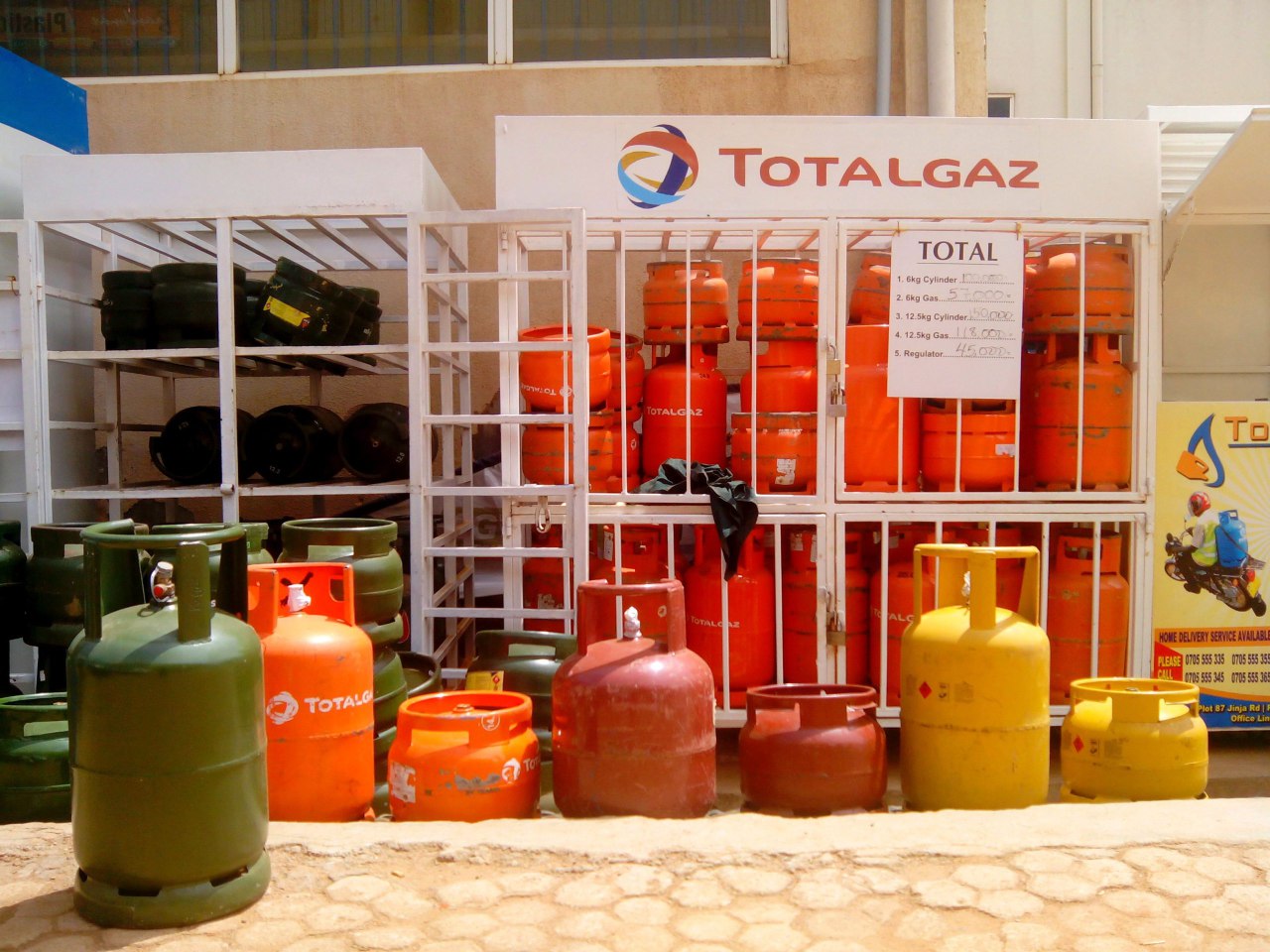The Treasury is seeking to set the minimum value-added tax (VAT) rate at 12 percent, setting the stage for an increase in taxes on goods such as fuel and cooking gas if the proposal is adopted.
The draft National Tax Policy proposes that all goods should be taxed at 16 percent and the preferential rate should not be lower than 12 percent.
It wants tax laws reviewed once every five years to make the taxation regime predictable and make the country an attractive investment destination.
Presently, taxes are reviewed annually through the Finance Act amid protests from business people on frequent changes.
The Treasury says levying a lower VAT of 8 per cent on goods such as fuel creates an undue advantage over other products that are taxed at 16 percent.
The policy comes amid the push by the International Monetary fund (IMF) to double VAT on all petroleum products to cut the budget deficit and tame public borrowing.
President Uhuru Kenyatta was in 2018 forced to halve VAT on fuel to eight percent after the introduction of the full tax prompted protests from motorists and business lobbies.
The Treasury last week cut VAT charged on cooking gas by half, handing consumers a major relief amid rising global prices of the commodity and other petroleum products.
Taxes including vat, import declarations fee, road maintenance, petroleum development, petroleum regulatory, railway development, anti-adulteration, and merchant shipping levies make up 40 per cent of the retail fuel prices.
For every litre of petrol retailing at Sh159.1, the government collects Sh11.12 as VAT charged at eight percent.
Raising the minimum rate to 12 per cent will see the taxman collect Sh16.6 on every litre of petrol, an additional Sh5.48 a litre based on the current pump prices.
IMF reckons that Kenya should impose a 16 percent VAT on fuels from the current eight percent when crude oil prices fall, signalling the fund is open to a delayed implementation to guard against growing public anger and pressure over soaring petroleum costs in the country.
Pump prices are retailing at record highs on the back of expensive crude.
The IMF advisories come on the back of its multi-billion shilling loan facilities to Kenya where money flows straight into the budget to top up the public purse.
The record jump in the prices of super petrol and diesel in Kenya has piled more pressure on households because the cost of energy and transport has a significant weight in the basket of goods and services that is used to measure inflation in the country.
Producers of services such as electricity and manufactured goods will also factor in the higher cost of petroleum, unleashing pricing pressure across the economy with ramifications on the cost of living measure.
The majority of Kenyans rely on kerosene and gas for lighting and cooking, making crude price a key determinant of the rate of inflation.
The economy also uses diesel for transportation, power generation and running of agricultural machinery such as tractors, with a direct impact on the cost of farm produce.


